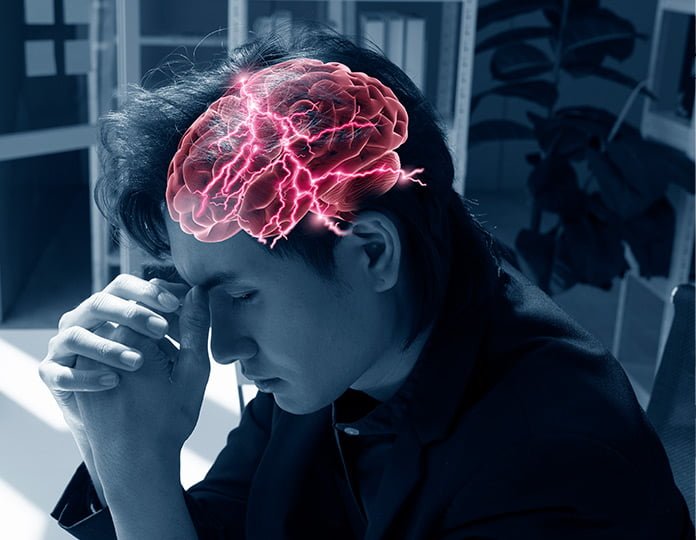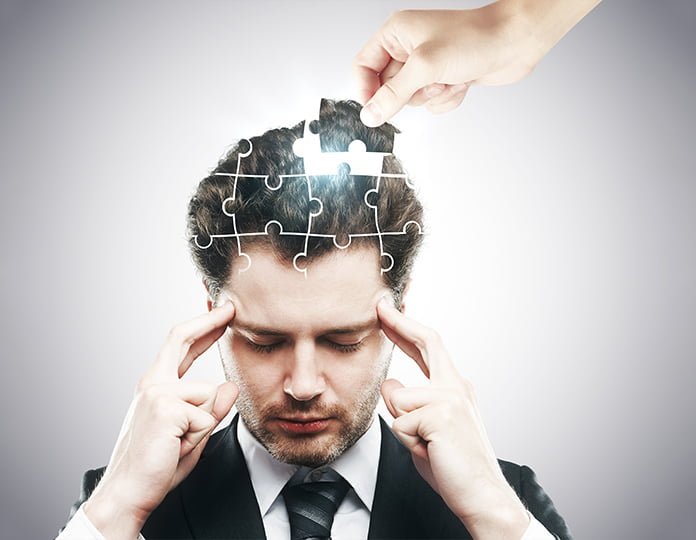Every year, the 8th of June is marked as the World Brain Tumour Day. The German Brain Tumour Association started it to raise awareness and educate people about cancer and the impact of it on the affected person’s family or friends. Brain tumours can spread in the body in a lot of ways. They can develop either from neuronal components within the brain itself or they can be the spread of distant cancers from any other human organ, such as the lungs, breast, kidney, or prostate.
The risk of developing a brain tumour increases when you are exposed to certain chemical substances. Although, the National Institute for Occupational Safety and Health keeps a database of chemical compounds which could cause most cancers. Ionising radiation exposure increases the risk of developing brain tumours in people such cases are riskier to be found just after a nuclear blast, even after many years.
Symptoms of a brain tumour can range relying on the brain tumour’s location. The presence of a brain tumour in that particular area can cause damage to the brain tissues and abrupt the activities associated with the neurons present in that area. A primary brain tumour is identified in more than 12,000 persons annually. Since there are currently over 130 different forms of brain tumours known to exist and since different parts of the brain are responsible for coordinating distinct processes, short- and long-term outcomes can vary greatly from person to person.
In India, the prevalence of central nervous system (CNS) tumours is between 5 and 10 per 100,000 people, with an upward trend, and they make up 2% of all malignancies.

Types Of Brain Tumour
These are called noncancerous brain tumours or benign brain tumours. Whereas, some of the brain tumours are cancerous. These types are called brain cancers or malignant brain tumours. In addition, benign brain tumours tend to be slow-growing brain tumours. Malignant brain tumours tend to be fast-growing brain tumours. Some examples of such tumours include:
- Gliomas and related brain tumours
- Choroid Plexus tumours
- Embryonal brain tumour
- Germ cell tumour
- Pineal tumour
- Meningiomas
- Nerve tumour
- Pituitary tumour
Symptoms Of Brain Tumour
- Headaches: Constant headaches, especially after waking up, can be a sign of a brain tumour. These are worse in the morning when waking up. It can increase due to sneezing, exercising or coughing.
- Changes in vision: People experience blurry or double vision which happens when there is a tumour in the occipital, temporal and frontal lobe.
- Nausea and vomiting: A brain tumour may be present if you have nausea and vomiting on a regular basis for more than two weeks.
- Balance problems: Some people may experience problems in balancing and there is a loss in motor skill exercising.
- Seizures: Fits or seizures can have many different reasons, but they should be taken seriously as a sign.
- Behaviour changes: Tiredness and lack of energy are the type of behaviour changes that could be the symptoms of a brain tumour.
- Abnormal head position: People who experience having a tilted neck or a stiff neck can be due to certain brain tumours.
- Delayed puberty: The age at which puberty starts can vary for people having brain tumours.
- Abnormal growth: If there is an abruption in development or growth of a child it can be a sign of some deeper rooted problem.
- Reduced consciousness: Reduced consciousness could be caused by a serious illness, including a brain tumour.
Although it is not that common, the loss of taste and smell is also linked with brain tumours.
Brain Tumour Causes Mental Health Issues
When brain tumours push on a person’s brain or cause the brain to enlarge, symptoms can include personality changes and mood swings. Since the frontal lobe of the brain is crucial in controlling personality and behaviour, mood swings are frequently linked to tumours there. A person’s behaviour and emotions are also managed by the temporal lobe. In addition, pituitary tumours can alter a person’s mood by causing an imbalance in the hormones that the pituitary gland produces, either too little or too much.

A brain tumour diagnosis can have a significant impact on someone’s mental and emotional condition in addition to the physical effects a brain tumour has on mood. Additionally, chemotherapy and other types of cancer treatment may cause personality changes and mood swings. Changes in personality and abrupt mood swings are frequent effects of brain tumours. Although the intensity of these mood changes varies from person to person, it’s rather typical for someone with a brain tumour to feel increased:
- Aggression
- Anxiety
- Apathy
- Confusion
- Depression
- Forgetfulness
- Irritability
A brain tumour patient frequently finds it difficult to connect with others. Patients with brain tumours, for instance, may struggle to recognise their own feelings as well as those of others. Additionally, people who have brain tumours may start acting in ways that are improper for social or cultural settings, as if they have lost their inhibitions or sense of propriety.
Coping And Treatment
Every treatment for a brain tumour can cause side effects or changes to one’s body and how one feels. However, predicting how a person would feel after a treatment is a difficult task as people do not have the same side effects with every treatment plan and it varies from person to person.
Coping strategies may include –
- Managing emotions
- Talking with friends and family
- Caring for a loved one who is suffering from brain tumour
- Finding social support and information
- Treatment from or having a oncologist’s perspective
With the careful application of stereotaxy, neural monitoring, and brain mapping, brain tumour surgery is getting more and safer. In some circumstances, stereotactic radiosurgery can be used to treat tumours without surgery. In most situations, the patient needs rehabilitation and support from friends and family to get the best possible outcome.













Leave feedback about this